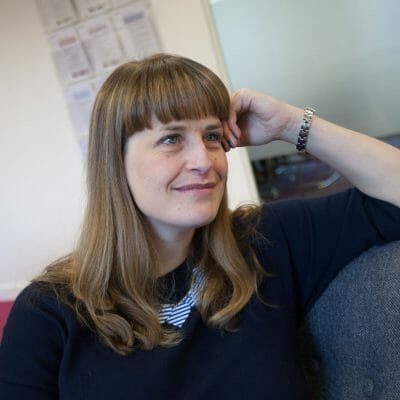| Asia | Articles

Singapore’s S-VACC structure seeks to encourage fund domiciliation
The Singapore Variable Capital Company (S-VACC) framework, set to be in force by end-2018, seeks to encourage fund domiciliation in the city-state, which will further cement its position as Asia’s leading hub for fund management.
The proposed S-VACC will provide an alternative to incorporating a company under the Companies Act for the setting up of collective investment schemes. It seeks to complement the existing corporate structures in Singapore by being tailored for investment funds.
The proposed S-VACC is now at draft bill stage and will be called the Singapore Variable Capital Company Act after being made part of the legislation.
Redomiciliation of funds in Singapore
The practice for many funds, including those managed by Singapore-based fund managers, has always been to constitute the funds in offshore jurisdictions for either tax or structural reasons, said Nizam Ismail, head of financial services at RHTLaw Taylor Wessing in Singapore.
“The intent of offering S-VACC as an alternative is to bring those structures back to Singapore. The S-VACC is the core strategy for the redomiciliation of funds in Singapore,” he said.
Must be Singapore-based
At the heart of the proposed S-VACC structure is that the fund manager must be based in Singapore and it must be either a Registered Fund Management Company (RFMC), Licensed Fund Management Company (LFMC), or somehow exempted, according to Billie-Jo Dixon, head of Bovill Asia’s office in Singapore.
“In essence, that means ‘boots on the ground’ in Singapore … By introducing a fit-for-purpose fund structure, Singapore’s asset management sector should grow, both in terms of the assets under management and the number of fund managers operating in Singapore, among other reasons,” she said.
Allowing fund managers to consolidate operations in Singapore
Lawrence Wong, Singapore’s minister for national development and second minister for finance, in his speech delivered at the Investment Management Association of Singapore conference in March, highlighted some of the features of the proposed S-VACC.
They include, among others, allowing for both open-ended and close-ended fund structures and for investments to be made across all asset classes. S-VACC may be used by both retail and private funds. S-VACCs can be listed and unlisted and may invest in a wide range of asset classes which will, in turn, allow retail investors to invest beyond unit trusts — by purchasing shares in S-VACC funds.
The proposed S-VACC will allow asset managers to further consolidate their operations in Singapore, by domiciling more of their funds there alongside their fund management activities, Wong said.
“S-VACC will also allow asset managers to harness economies of scale, by consolidating administrative functions at the umbrella fund level. This means that sub-funds, with varying risk levels, different investment objectives and classes of investors, can be housed together under the same umbrella as a single legal entity,” he said.
“We believe this will spur demand for fund-servicing activities such as accounting, legal, custody and tax in Singapore, therefore creating more jobs in the broader professional services sector.”
Offshore jurisdictions-domiciled funds versus Singapore-domiciled funds
S-VACC also has segregated cell structures such as those used in the Cayman Islands, Ireland, Luxembourg and the UK, and seeks largely to encourage domiciliation of funds in Singapore.
Funds domiciled in the Cayman Islands and some other jurisdictions are typically very flexible for both open-ended and closed-ended funds, and they offer flexibility which Singapore-domiciled funds have lacked until now.
For example, some of the offshore funds facilitate straightforward redemption by investors. Such flexibility has not always been seen in Singapore-domiciled companies until now, and such a lack of flexibility would create operational issues, according to Dixon.
“Cayman-domiciled funds are very popular for a number of reasons: they’re widely known and well understood by investors globally; they’re straightforward and flexible in nature; and they are tax-neutral [i.e not subject to income, capital gains, etc] taxation at the fund level in Cayman. This makes them very attractive,” she said.
Next up: MAS explores passporting of Singapore-domiciled funds
The proposed S-VACC structure has attracted a fair amount of attention both from large and small fund managers following public consultation in March this year. Consultation is expected to close sometime in 2018.
“Anecdotally, there seems also to be interest from fund managers in other regional jurisdictions to establish or enhance their existing presence in Singapore. For now, we need to wait and see, both in terms of how the Monetary Authority of Singapore [MAS] reacts to some of the industry feedback to its consultation, and what the tax position will be. I think for now, the working assumption is that the tax position will be at least as favourable as for existing Singapore structures,” Dixon said.
Once the S-VACC Act is in place, MAS will explore opportunities with its counterparts in the region on the concept of passporting Singapore-domiciled funds for offering in other jurisdictions, sources said.
Dec 14, 2017 Patricia Lee, Regulatory Intelligence
Source: Thomson Reuters Regulatory Intelligence
Copyright © Thomson Reuters 2017. All rights reserved.


